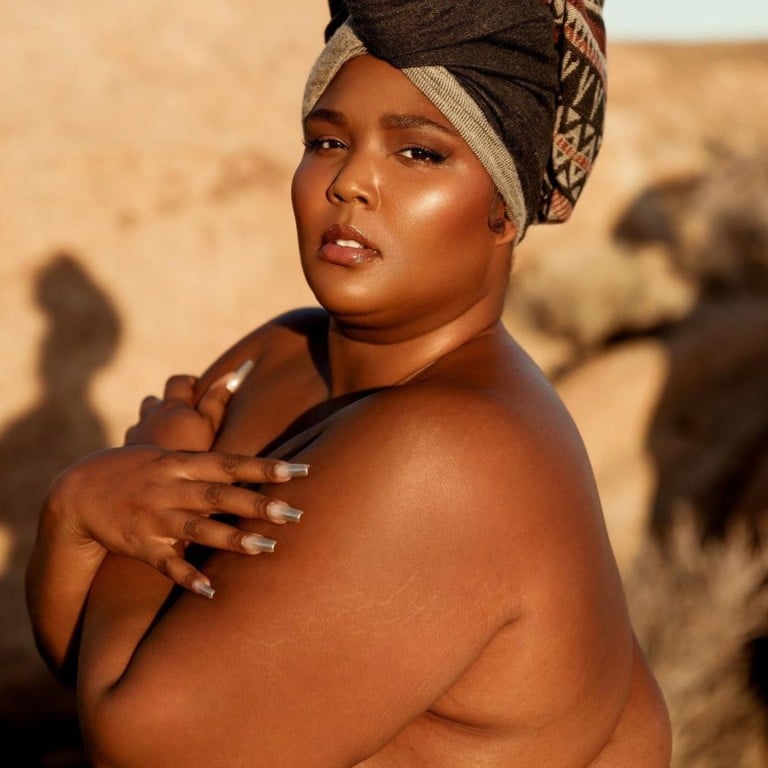Is body positivity toxic? Why Lizzo and Jameela Jamil are championing body neutrality, the movement that celebrates gratefulness over self-love

- ‘Fat people are still getting the short end,’ says Lizzo of the body positivity movement, which has been criticised for pushing a tone of ‘toxic positivity’
- Body neutrality focuses not on what your body looks like, but what it can do for you, and experts say it may be more helpful for those with eating disorders
Earlier this month, Lizzo called out the body positivity movement, saying the term has been “co-opted by all bodies” and has become a trend of “celebrating medium and small girls and people who occasionally get rolls”.
“Fat people are still getting the short end of this movement,” she said. “We’re still getting talked about, memed, shamed,” she added, but “no one cares any more”.
Instead of preaching body positivity, some are practising body neutrality.
The Good Place actress Jameela Jamil shared her take on body neutrality with Glamour in 2019, saying: “I don’t think about my body ever … Imagine just not thinking about your body. You’re not hating it. You’re not loving it. You’re just a floating head. I’m a floating head wandering through the world.”

What is body neutrality?
“The body positive movement urges people to love their bodies no matter what they look like, whereas body neutrality focuses on what your body can do for you rather than what it actually looks like,” said Chelsea Kronengold, the associate director of communications at the National Eating Disorders Association.
Someone who practices body neutrality might say, “I am grateful for my legs because they got me from point A to point B, or I’m grateful for my arms, because they allow me to hug my loved one,” Kronengold explained.